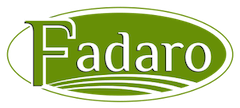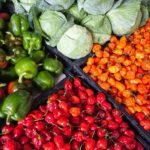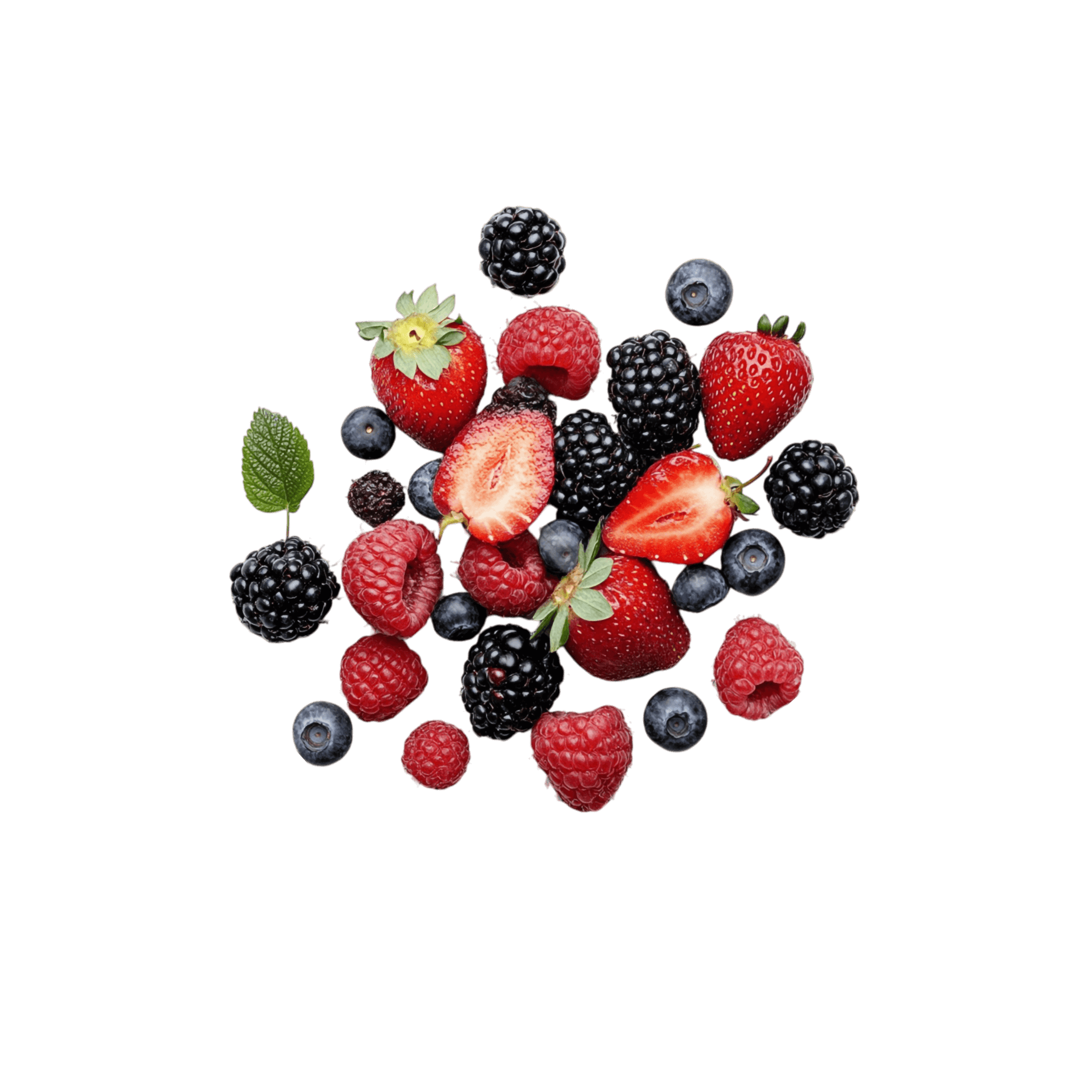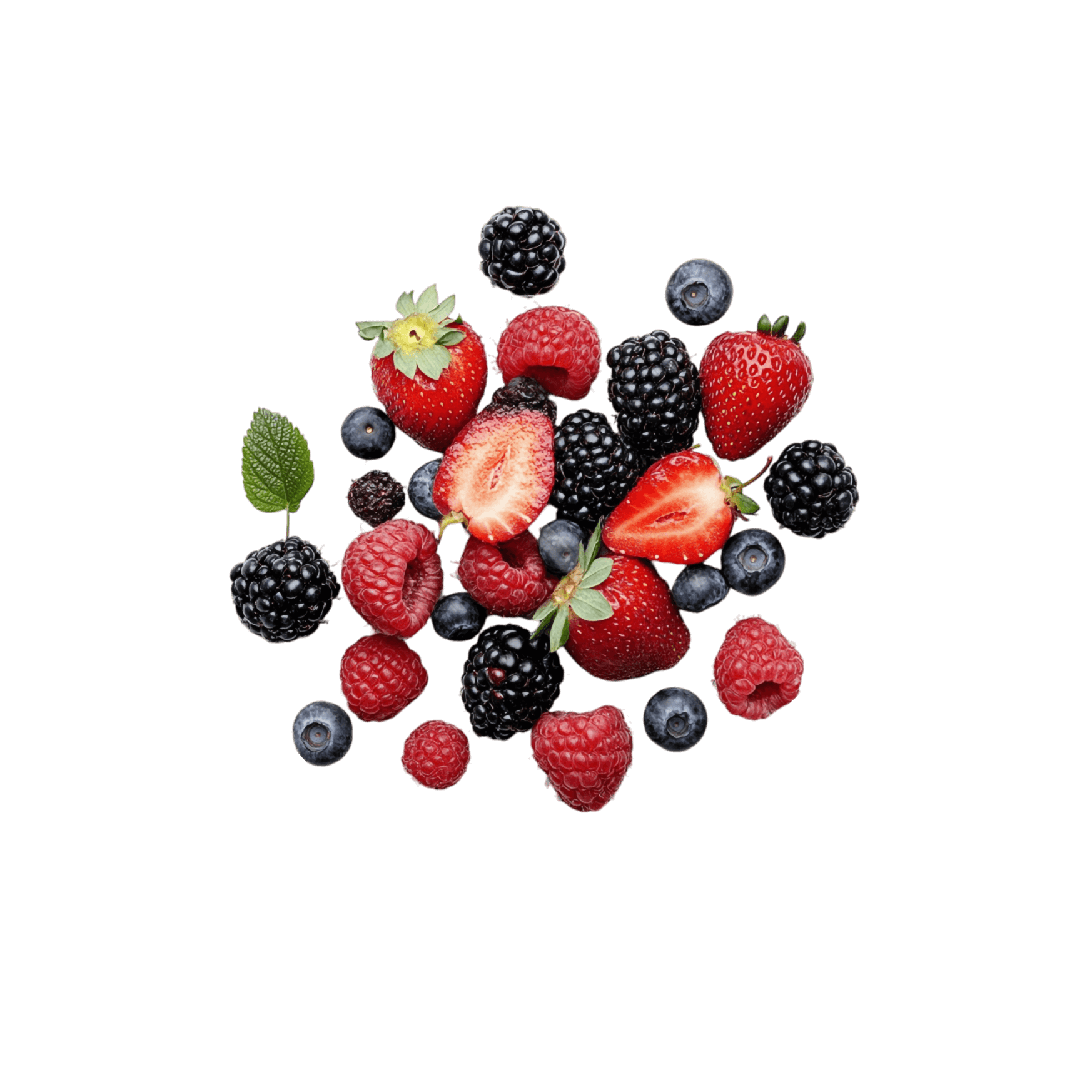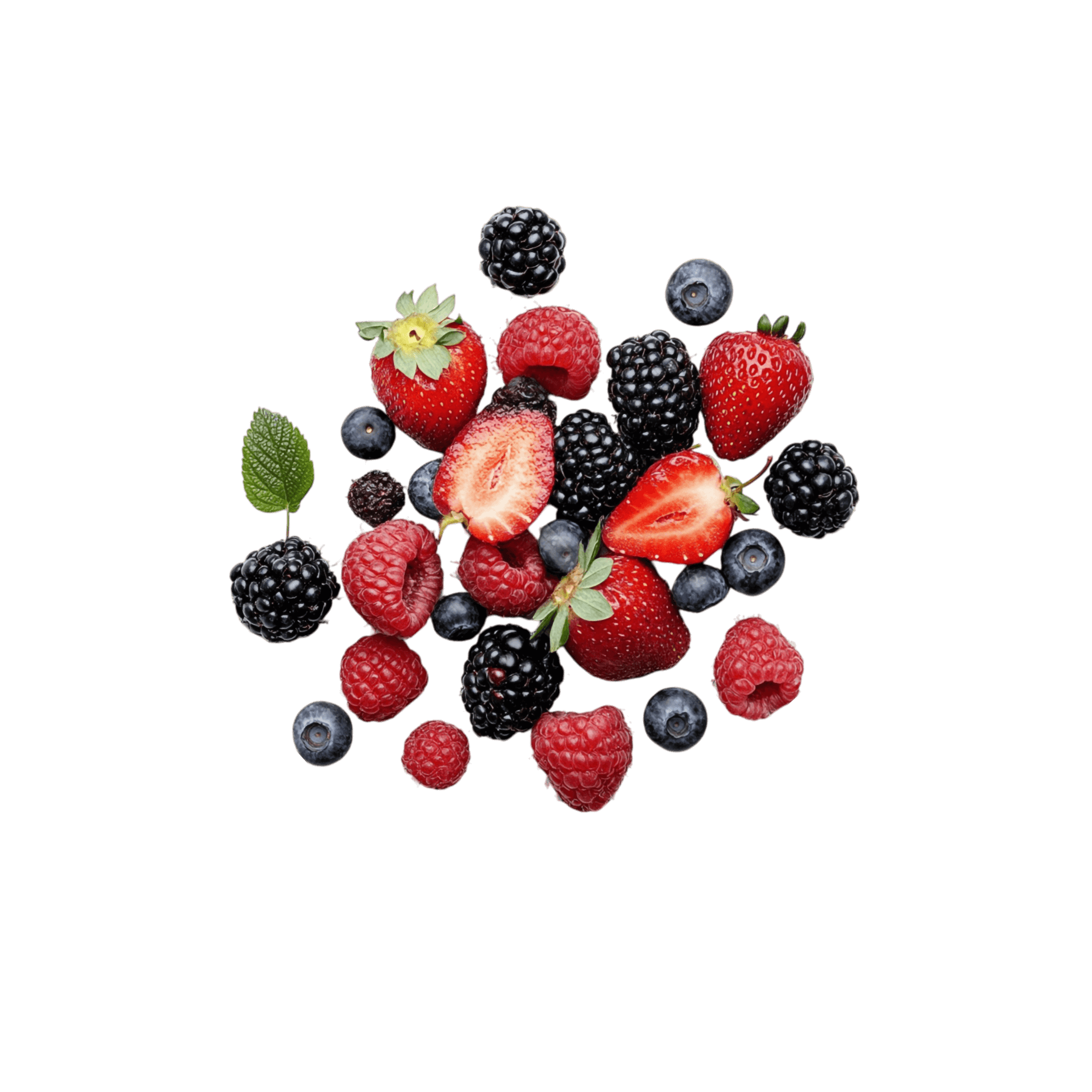Food Distributors vs. Wholesale Food Distributors – What’s the Difference, Really?
At first glance, they sound interchangeable, but in the food industry, the difference matters.
Food distributors typically act as middlemen. They buy products from manufacturers or processors and sell them to various businesses—restaurants, schools, hospitals, and even retailers. Some focus on frozen foods, others on packaged goods, and many offer a little bit of everything.
Wholesale food distributors, on the other hand, specialize in selling large quantities directly to businesses like yours. Think fresh produce, meats, dairy, pantry staples, all in bulk, often with better pricing and faster turnaround. They’re built to serve high-volume kitchens and demanding operations in places like Manhattan, Brooklyn, Bronx and Queens.
So, what does this mean for you?
If you’re looking for consistency, competitive pricing, and a direct line to fresh inventory, partnering with a wholesale food distributor in NYC is often the smarter move, especially when you’re running a tight kitchen and tighter margins.
👉 Not sure who to trust with your food supply? Keep reading, we’ll break down exactly what you need to know before choosing a wholesale food distributor in NYC.
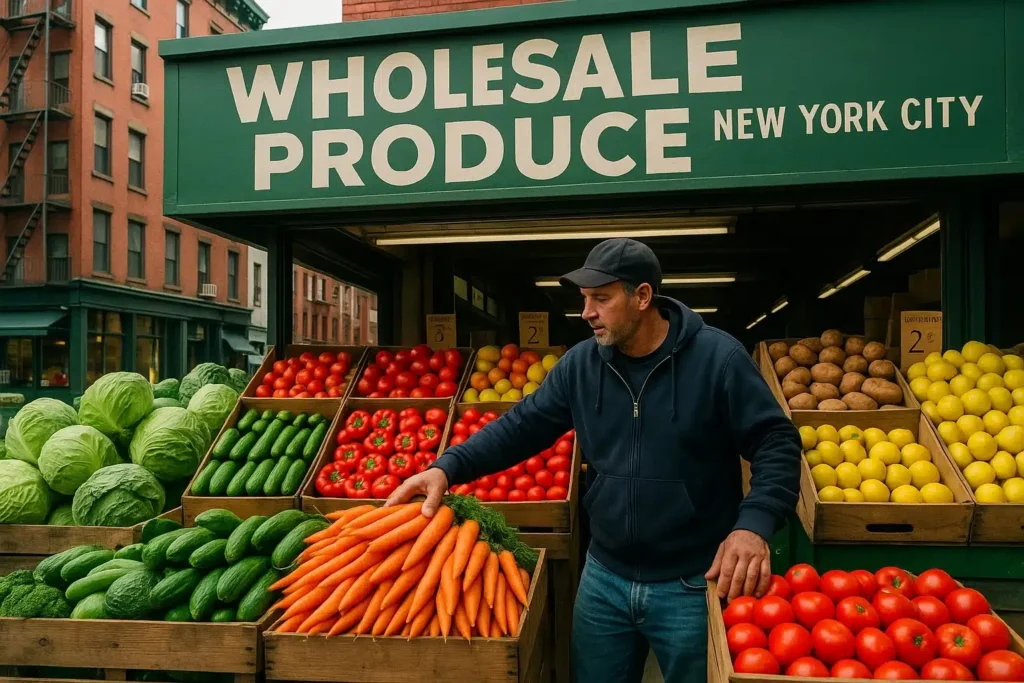
Food Distributors and Wholesale Food Distributors – The Why, How, and What
So, why does this all matter? Because who you choose to source from can make or break your kitchen’s efficiency, and your bottom line.
At Fadaro Foods, a family-owned and operated wholesale food distributor in NYC, we’ve spent decades supplying restaurants, bars, retail stores, commercial kitchens, schools, and clubs across the five boroughs. We know the landscape, and we know what works.
Here’s the deal:
The food distribution industry is evolving. In 2023, wholesale buyers demanded more local sourcing, tighter delivery windows, and higher quality standards. According to the USDA, nearly 34% of food service operations now prioritize working with regional suppliers to cut down on transit time and boost freshness.
Wholesale food distributors like Fadaro adapt fast. We work directly with food retailers, organic farms, and trusted producers to bring you fresh, high-volume products at competitive prices—without the middleman markup.
We’re not just delivering produce, we’re solving operational headaches. Need a full grocery list for your Bronx restaurant? We’ve got it. Running multiple kitchens across Manhattan and Queens? We can consolidate your orders and streamline your inventory.
And yes, our reach goes city-wide—from New Jersey to the Bronx, you’ll find our farm-fresh goods on the line, in the walk-in, and on the plate.
We’re here to break down the 5 key differences between food distributors and wholesale food distributors—and what they really mean for your business today.
Let’s dive in.
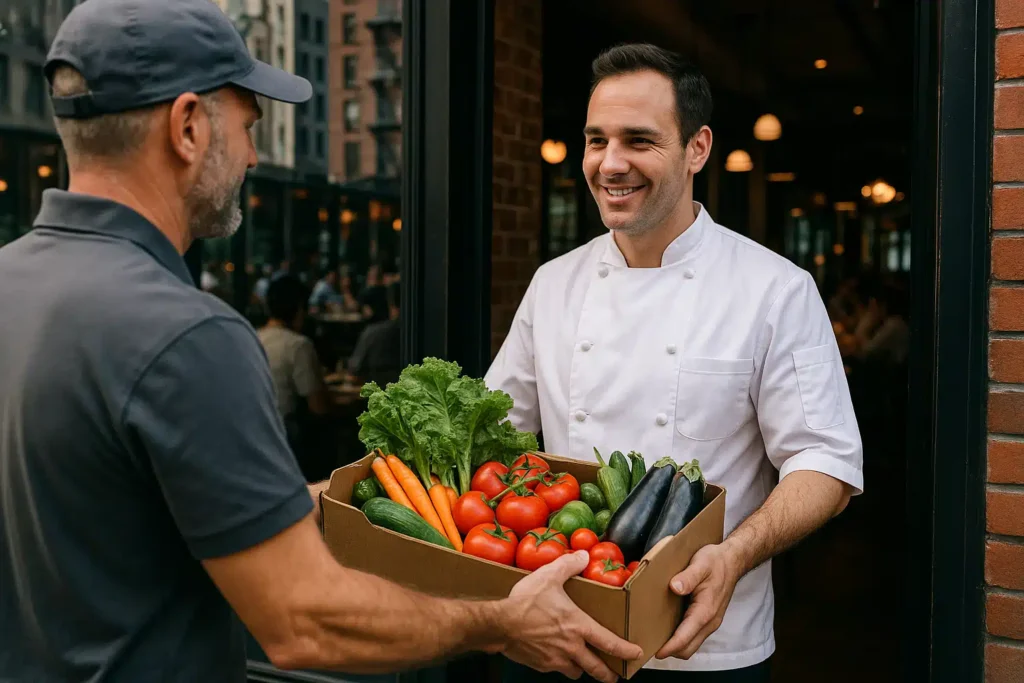
5 Key Differences Between Food Distributors and Wholesale Food Distributors
Not all suppliers are built the same. Here’s how wholesale food distributors stand apart, and why that matters when you’re running a busy kitchen in NYC.
1. Volume & Pricing
Wholesale food distributors move serious volume, and that translates to lower costs for you.
You’re not paying for individual cases or small deliveries. You’re buying in bulk, often with tiered pricing.
Example: Compared to working with a standard food distributor, a commercial kitchen in Queens saves 20–30% monthly by sourcing their produce in bulk through Fadaro.
If you’re prepping 100+ meals a day, wholesale = cost-efficient.
2. Product Range Focus
Distributors often carry a wide range of items, but not always the right ones for restaurants.
Wholesale food distributors are hyper-focused on fresh produce, meats, pantry staples, and dairy: the kitchen essentials.
Example: At Fadaro, chefs love that they can order organic heirloom tomatoes, bulk oils, pantry supplies, and specialty herbs—all from one place. No juggling vendors
3. Delivery Speed & Flexibility
In NYC, timing is everything.
Food distributors may batch deliveries or have set delivery days.
Wholesale partners are built for flexibility—daily routes, same-day or next-day delivery, and personalized schedules.
Real-life: A café in Brooklyn that opens early now gets their daily fruit and dairy drop-off by 5:30 AM—every weekday.
4. Direct Relationships
Wholesale distributors build real partnerships.
You get assigned reps who understand your business, check in regularly, and offer custom solutions when your menu shifts or seasons change.
Example: During the summer, a restaurant group in Manhattan worked with Fadaro to add seasonal berries and microgreens—our team adjusted standing orders without skipping a beat.
5. Local Sourcing & Transparency
Food distributors may import or pull from national suppliers. Wholesale food distributors often prioritize local.
That means fresher ingredients, shorter supply chains, and better traceability.
Case in point: 70% of Fadaro’s produce comes from farms within 200 miles of NYC—less transit, more shelf life.
Choosing the Right Partner for Your Kitchen
At the end of the day, the difference between a food distributor and a wholesale food distributor isn’t just about labels; it’s about how your operation runs day in and day out.
If you’re managing inventory, keeping food costs under control, and trying to serve the best possible product, you need a supplier who’s more than just a middleman. You need someone who understands the pressure, the pace, and the standards of running a food business in NYC.
That’s where Fadaro Foods comes in.
✅ Family-owned
✅ Fast, flexible delivery
✅ Locally sourced produce
✅ Bulk pricing built for your margins
We serve restaurants, cafés, bars, schools, and kitchens across all five boroughs—and we’re ready to help you next.
Let’s get your kitchen what it really needs.
